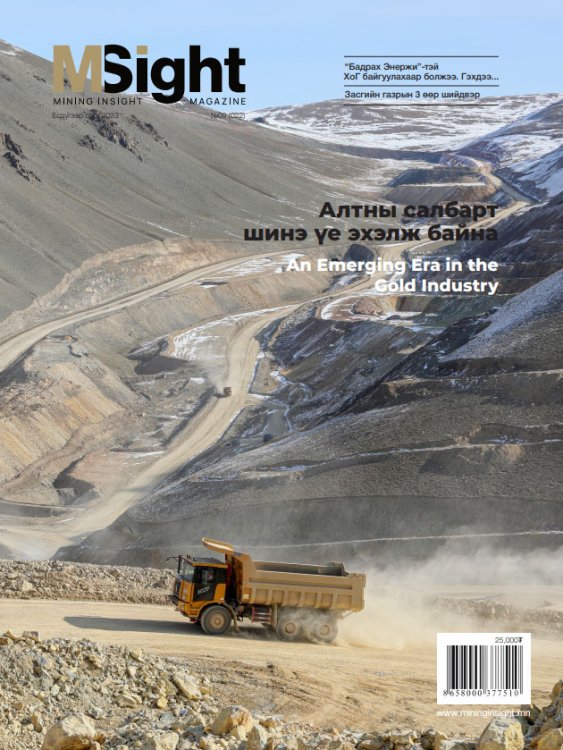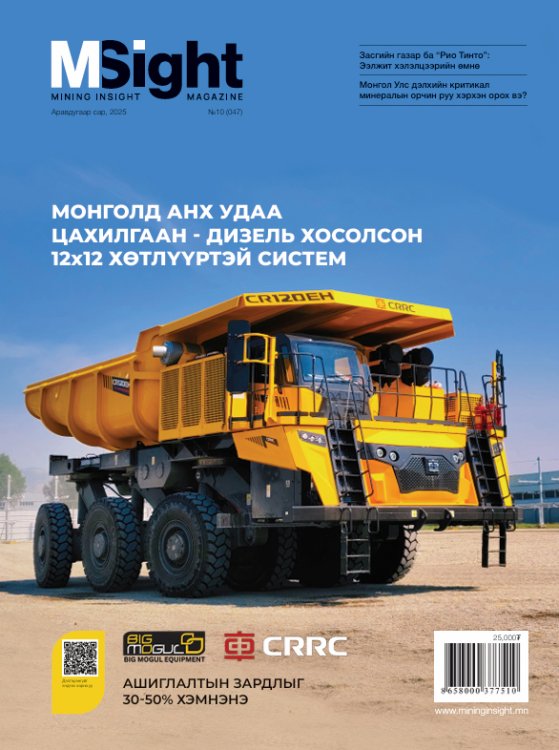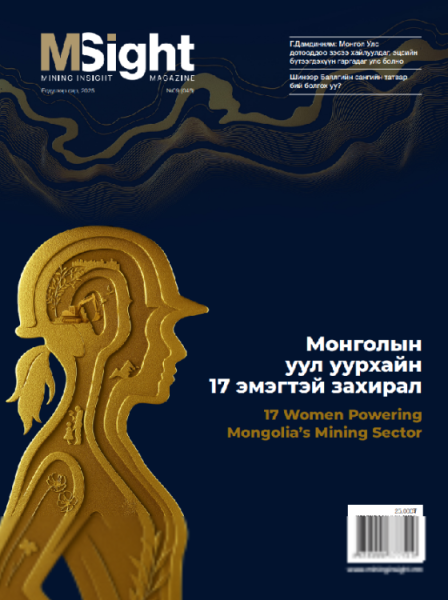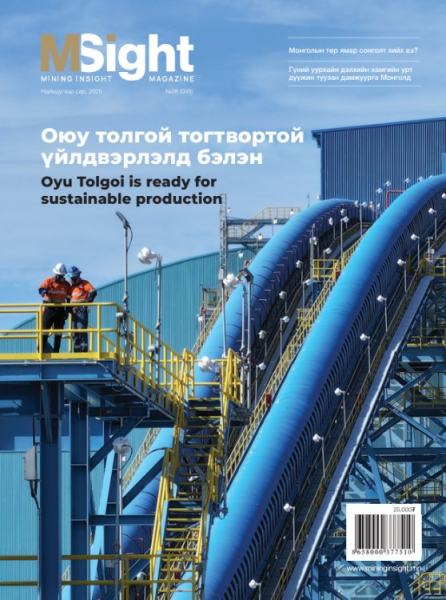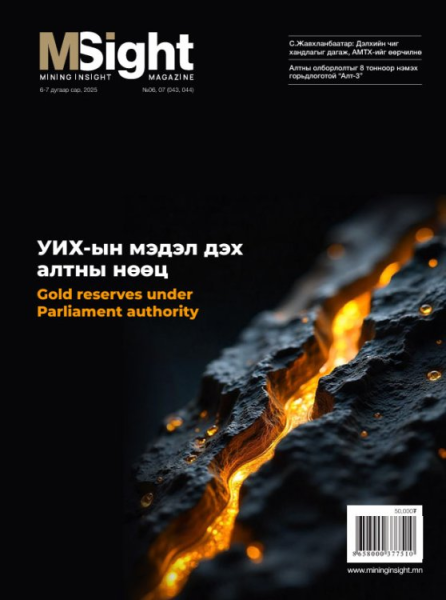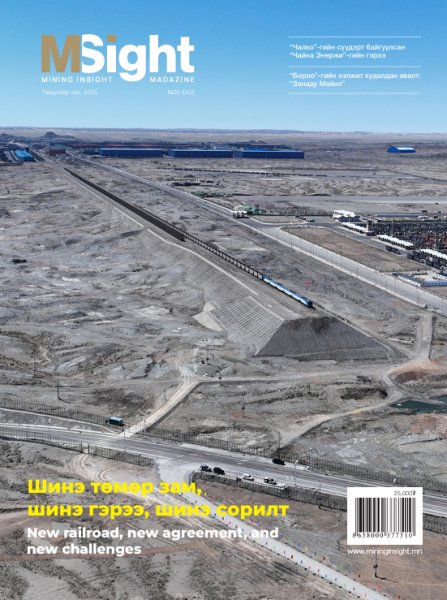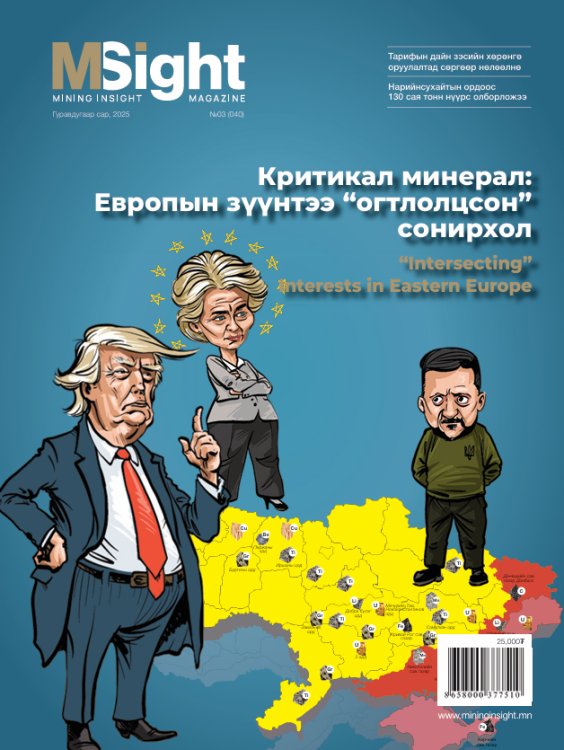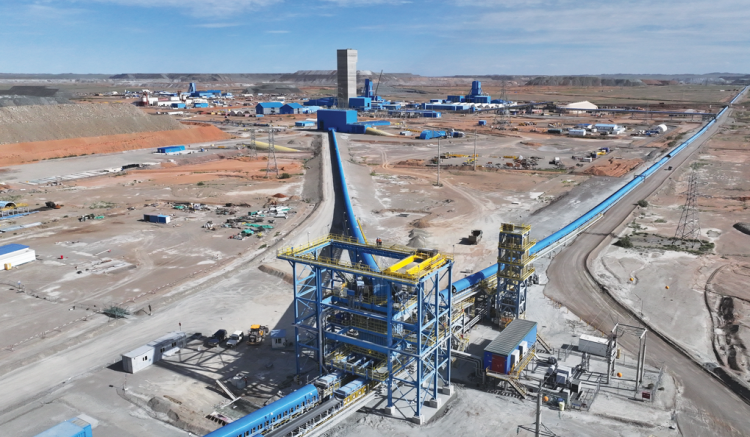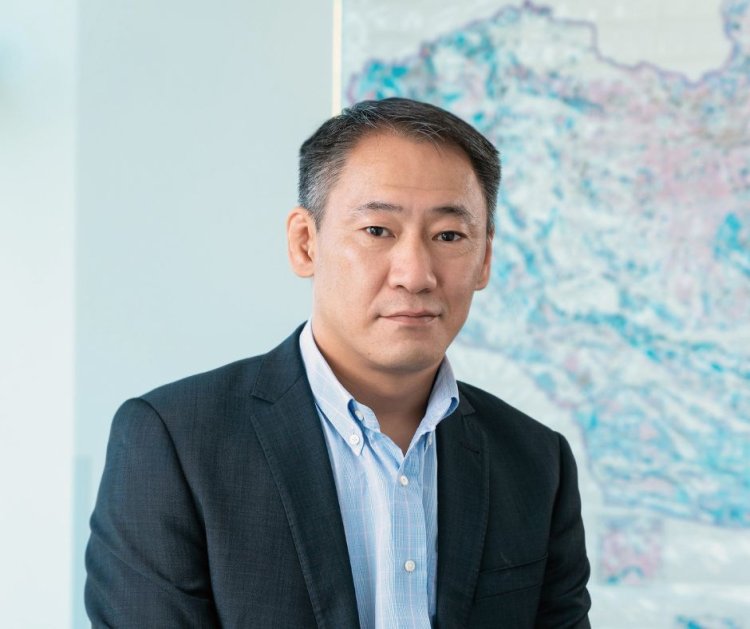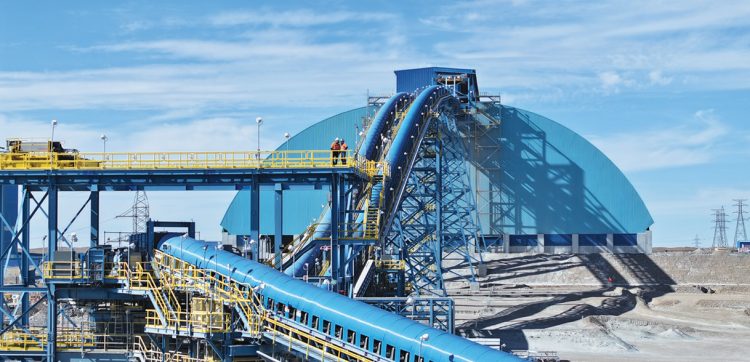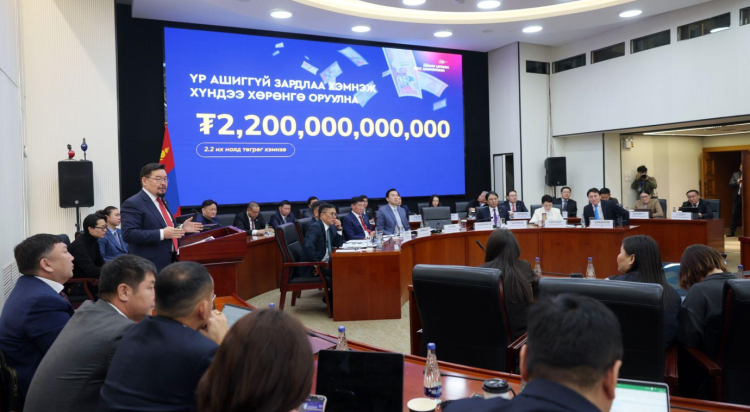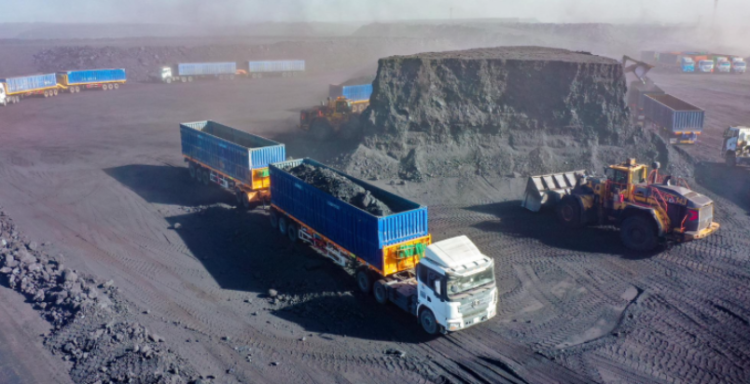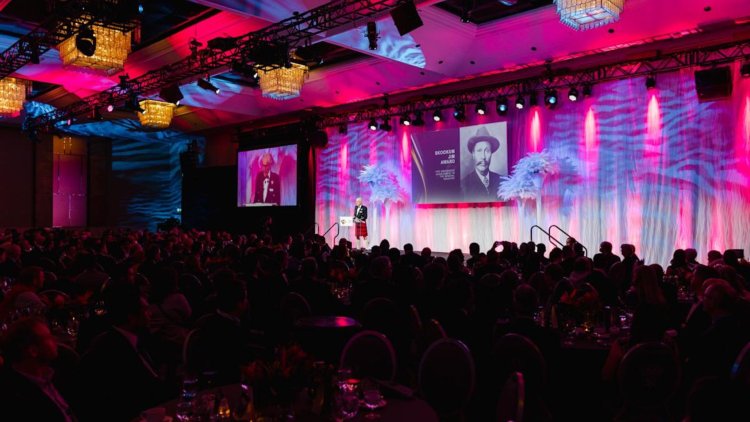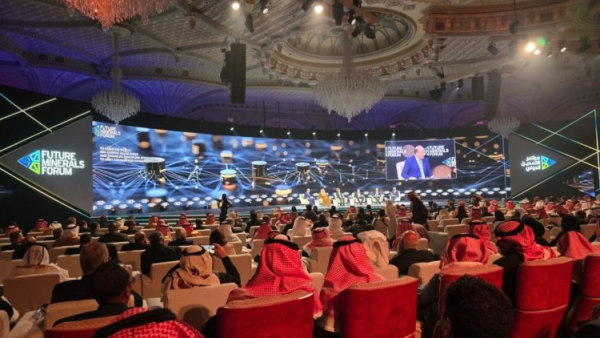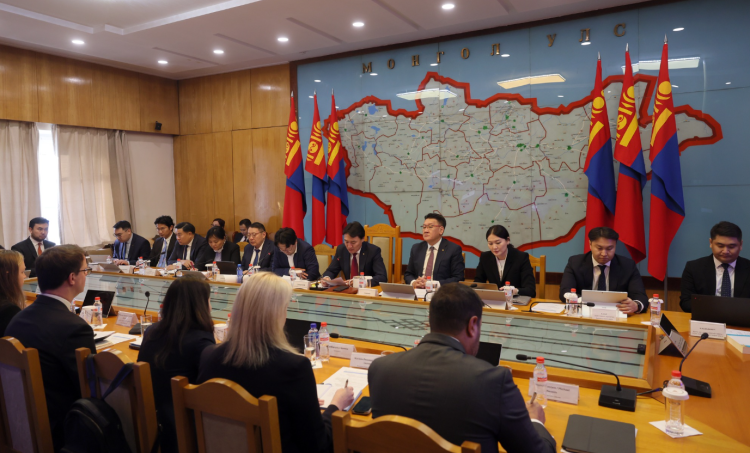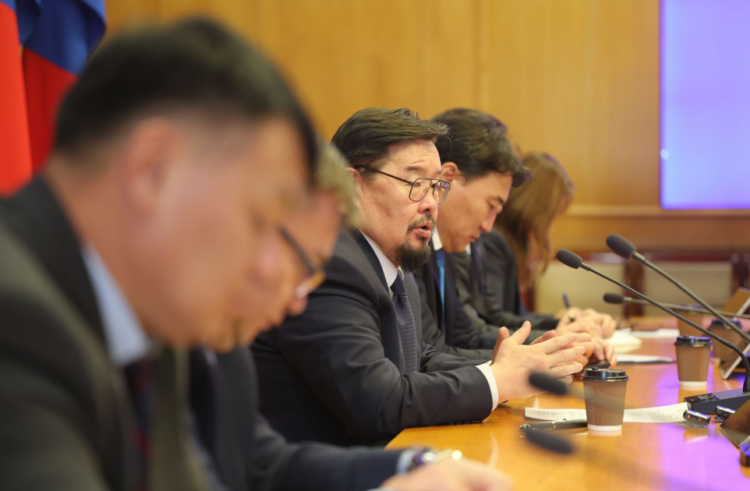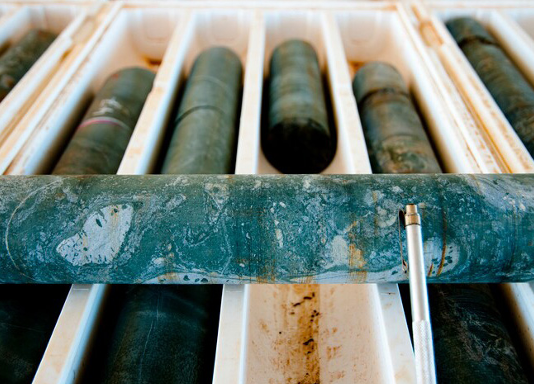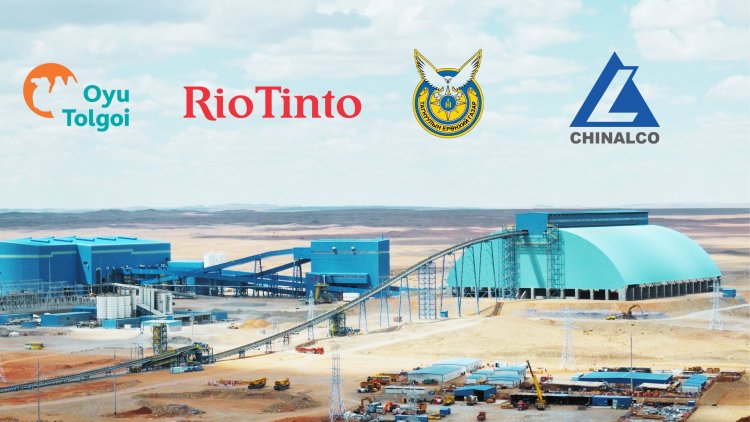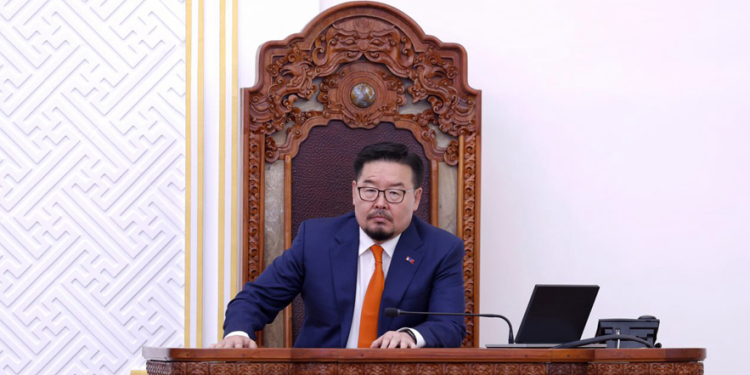
Significant developments are unfolding in Mongolia's mining, political, and social economy during this autumn season. The long-awaited uranium project is progressing, with the finalization of the Investment Agreement with the French investor underway. President Khurelsukh Ukhnaa's state visit to France resulted in a mutual agreement to sign the Investment Agreement, and both parties are diligently preparing for this momentous step.
After 27 years since the initial issuance of the uranium exploration license in 1997, we are on the verge of signing the inaugural Investment Agreement for the production of uranium yellow powder. As we are aware, "Areva Mongolia" or "Badrakh Energy," along with its principal investor, the French state-owned "Orano" company, has demonstrated remarkable patience while awaiting Mongolia's stance in this matter. In general, the Zuuvch-Ovoo deposit project by "Badrakh Energy" cannot be directly compared to Oyu Tolgoi, Tavan Tolgoi, and Erdenet in terms of economic benefits. This project is projected to attract up to USD 1.2 billion In investment in the upcoming years and generate over USD 1 billion in tax revenue throughout its duration.
However, the lifeblood of this project lies in the investment from France, a member of the G-7 group. It encompasses various facets of economic significance, including the introduction of new export products, fresh market opportunities, and attracting new investors. In this regard, Oyu Tolgoi stands out as a unique endeavor, marking the first significant Western investment agreement since Rio Tinto. This project has endured through numerous years, elections, and changing administrations. Due to geopolitical factors and internal political disputes, the French company had previously faced limited opportunities. However, the current rapid and determined progress towards the project's culmination is undeniably intriguing. Less than two years ago, the initial draft of the investment agreement was informally presented to the government by the investor. In the past six months, both parties have successfully arrived at a fundamental agreement. However, the skepticism and oppositional positions surrounding investment agreement continue to appear, although not publicly. For example, it seems that there is no common understanding among the relevant government agencies on the issue of whether to own a share in the project or whether to collect additional taxes. The most important condition of the Oyu Tolgoi investment agreement and the issue that followed was that the Mongolian government will give up its 34 percent ownership and receive a special royalty equivalent to it instead of its share ownership.
The Government will also own "Golden Shares". But some are of the opinion that the royalty should be 34 percent of the company, while others are of the opinion that 34 percent of the output should be taken. It is because of this problem that we are facing a small but growing problem, such as which provisions of the Law on Minerals and Nuclear Energy to use. From here, the question arises as to whether lessons have been learned from the same Oyu Tolgoi investment agreement. There is concern among the government organizations and the working group that after a few years, the quarrel with the French company "Orano" will not be the same as the one with Rio Tinto. Any uranium deposit is a strategic deposit under the Nuclear Energy Act. In that sense, it is clear that the waste will be discussed by the Government and the Parliament. It is clear that in the coming days, there will be a strong wave of social and political discussions and public debates surrounding the project and investment agreement. Someone will be a Chinese crossbreed, and some will be labeled as a Western gun dog. Just like the time when the 2009-2010 Oyu Tolgoi Agreement was established. There will certainly be news that touches on the interests of many parties, defends them, criticizes them and expresses the positions of the parties.
We have seen, experienced and understood enough from the lessons of the past 10 years that if we do not put the only concept of the country's interests first, it will lead to great harm in the future. In any case, a completely new page is opening in Mongolia's mining industry. At this moment, which is called the century of new and clean energy, it is clear that the signing of an investment agreement and partnership with a country that is at the forefront of energy transition and green energy production will make Mongolia known internationally.



